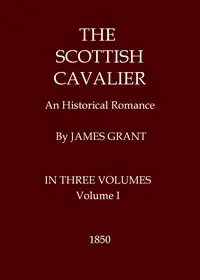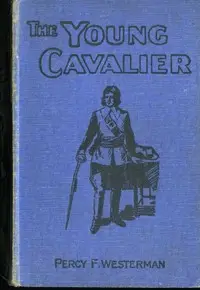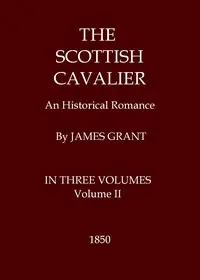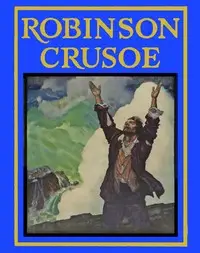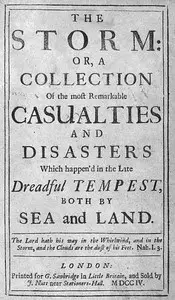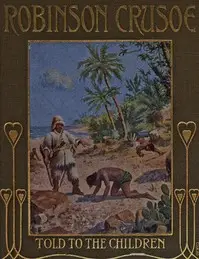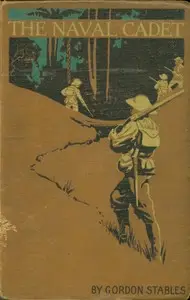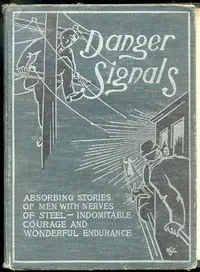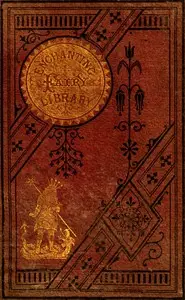"Memoirs of a Cavalier" by Daniel Defoe is a captivating historical novel set during the intense conflicts of the 17th century. Through the eyes of a Cavalier, a soldier loyal to King Charles I, the story transports us to the heart of both the Thirty Years' War in Europe and the English Civil War. The novel kicks off with our protagonist, a young gentleman yearning for adventure, convincing his father to let him travel across Europe with his friend. Their escapades begin in Paris, filled with mishaps. As the Cavalier becomes embroiled in battles and brushes with historical events, the story paints a lively picture of a war, packed with loyalty, honor, and the true chaos of war. His journey shapes him, mirroring the trials of the era and setting Defoe's stage for historical themes.

Memoirs of a Cavalier A Military Journal of the Wars in Germany, and the Wars in England. From the Year 1632 to the Year 1648.
By Daniel Defoe
Witness a gentleman's transformation from naive traveler to seasoned soldier amidst the brutal battlefields of 17th-century Europe.
Summary
About the AuthorDaniel Defoe was an English novelist, journalist, merchant, pamphleteer and spy. He is most famous for his novel Robinson Crusoe, published in 1719, which is claimed to be second only to the Bible in its number of translations. He has been seen as one of the earliest proponents of the English novel, and helped to popularise the form in Britain with others such as Aphra Behn and Samuel Richardson. Defoe wrote many political tracts, was often in trouble with the authorities, and spent a period in prison. Intellectuals and political leaders paid attention to his fresh ideas and sometimes consulted him.
Daniel Defoe was an English novelist, journalist, merchant, pamphleteer and spy. He is most famous for his novel Robinson Crusoe, published in 1719, which is claimed to be second only to the Bible in its number of translations. He has been seen as one of the earliest proponents of the English novel, and helped to popularise the form in Britain with others such as Aphra Behn and Samuel Richardson. Defoe wrote many political tracts, was often in trouble with the authorities, and spent a period in prison. Intellectuals and political leaders paid attention to his fresh ideas and sometimes consulted him.


